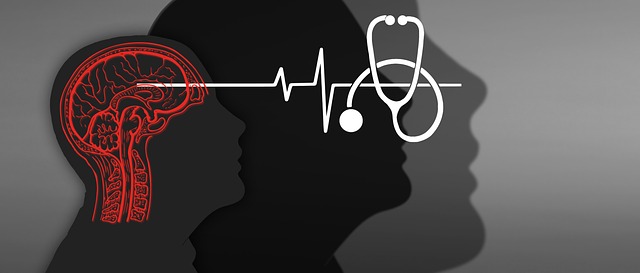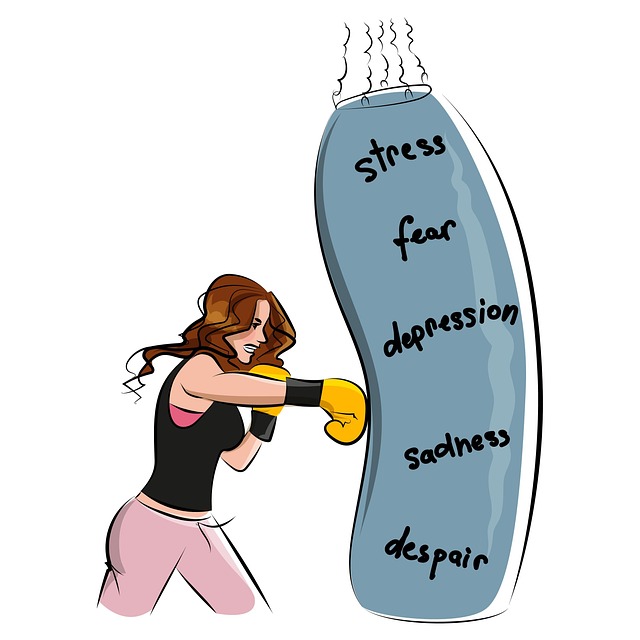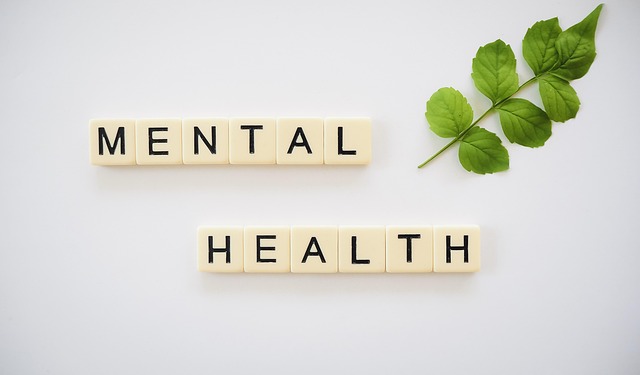Elderly anxiety arises from complex factors including health issues, financial worries, and social isolation. Recognizing symptoms is vital for support. Specialized therapy equips elders with tailored coping skills, reducing burnout. Therapy sessions in safe environments help manage emotions, fears, and anxieties. Cultural sensitivity ensures personalized interventions. Simple techniques like mindfulness and exercise also reduce stress. Social activities, support groups, and workshops enhance well-being. Online platforms facilitate social connections to combat isolation. Tailored therapy sessions address specific elderly anxiety challenges effectively.
Coping skills development is a vital aspect of maintaining mental well-being, especially among the elderly. As our population ages, understanding and addressing anxiety in this demographic becomes increasingly important. This article explores various strategies to help seniors manage anxiety, focusing on therapy as a powerful tool. We delve into common triggers and symptoms, practical techniques for enhancing mental health, and the significance of social connections in fostering effective coping mechanisms. By exploring these key areas, we aim to provide insights into improving the quality of life for elderly individuals grappling with anxiety.
- Understanding Elderly Anxiety: Common Triggers and Symptoms
- The Role of Therapy in Building Coping Skills for Elders
- Practical Techniques to Enhance Mental Well-being
- Fostering Social Connection and Support Systems for Better Coping
Understanding Elderly Anxiety: Common Triggers and Symptoms

Elderly anxiety can be a complex issue stemming from various factors, including health concerns, financial stress, and feelings of isolation. As our population ages, it’s crucial to understand these triggers to implement effective coping mechanisms. Common triggers for elderly individuals often include fear of losing independence, chronic pain, and changes in living arrangements. Symptoms can range from restlessness and irritability to more severe physical manifestations like increased heart rate and insomnia.
Recognizing these symptoms is a vital step towards providing the right support and therapy for elders experiencing anxiety. Effective communication strategies, combined with emotional healing processes, can significantly contribute to burnout prevention. Through specialized therapy, elders can learn coping skills tailored to their needs, fostering a sense of control and well-being amidst their anxieties.
The Role of Therapy in Building Coping Skills for Elders

Therapy plays a pivotal role in empowering elders to build and enhance their coping skills, offering them invaluable support as they navigate the challenges of aging. Through structured sessions, therapists provide a safe space for seniors to explore and express their feelings, fears, and anxieties. This therapeutic environment encourages open dialogue, fostering a deeper understanding of one’s emotions and triggers.
For elders dealing with anxiety or depression, therapy becomes a powerful tool in developing effective coping strategies. Compassion cultivation practices, for instance, teach mindfulness and self-compassion, helping individuals respond to stressors with greater resilience. Cultural sensitivity in mental healthcare practice is also essential, ensuring that therapists tailor their approach to respect and accommodate the unique beliefs and values of each elder. These personalized interventions contribute to improved mental well-being, enhancing elders’ ability to cope with life’s transitions and maintain a sense of vitality and purpose.
Practical Techniques to Enhance Mental Well-being

In today’s fast-paced world, maintaining mental well-being is more crucial than ever. For elders, who often face unique challenges like isolation or physical limitations, practical techniques are essential for coping and enhancing their quality of life. Simple yet effective strategies such as mindfulness meditation, deep breathing exercises, and engaging in regular physical activity can significantly reduce stress and anxiety levels. These activities promote emotional healing processes by calming the mind and body, fostering a sense of tranquility, and providing an outlet for negative emotions.
Additionally, participating in social activities or joining support groups facilitates intergenerational connections and offers a platform to share experiences, fears, and victories. Stress management workshops organized by mental health professionals can also be beneficial, as they teach elders valuable skills for navigating life’s stressors. Regular therapy sessions tailored to address specific concerns like anxiety are game-changers, helping individuals uncover coping mechanisms that work best for them. Incorporating these practices into daily routines not only improves mental well-being but also enhances overall resilience in the face of challenges, particularly when considering the risk assessment and tailored interventions for this demographic.
Fostering Social Connection and Support Systems for Better Coping

Building strong social connections and support systems is a vital component of coping skills development, especially for elders experiencing anxiety. In today’s digital era, fostering meaningful relationships can be facilitated through various online platforms and community groups designed to connect like-minded individuals. Therapy for elders with anxiety often emphasizes the importance of these networks in enhancing mood management and promoting self-esteem improvement. By participating in social activities, sharing experiences, and offering mutual support, seniors can navigate their anxieties more effectively.
Social skills training plays a crucial role in this process, teaching participants how to interact, communicate, and build bonds with others. Such training helps elders overcome feelings of isolation and loneliness, which are common contributors to anxiety. Through group therapy sessions or community outreach programs, they learn valuable coping strategies that go beyond individual therapy, fostering a sense of belonging and improving overall well-being.
Coping skills development is a powerful tool for elderly individuals to navigate anxiety and enhance their mental well-being. By understanding common triggers and symptoms, utilizing practical techniques, and fostering social connections, elders can improve their ability to manage stress and live more fulfilling lives. Integrating therapy tailored to address elder anxiety, such as cognitive-behavioral therapy, can significantly benefit those facing this challenge. Ultimately, recognizing the importance of coping strategies empowers seniors to take control of their mental health and promote a better quality of life.














